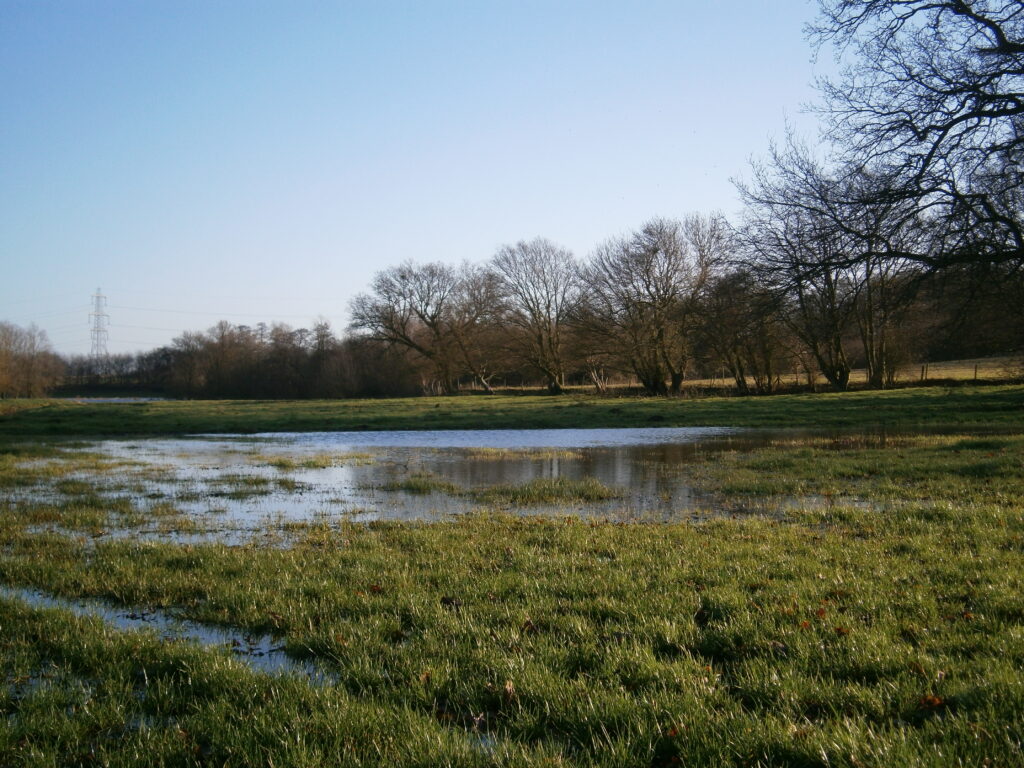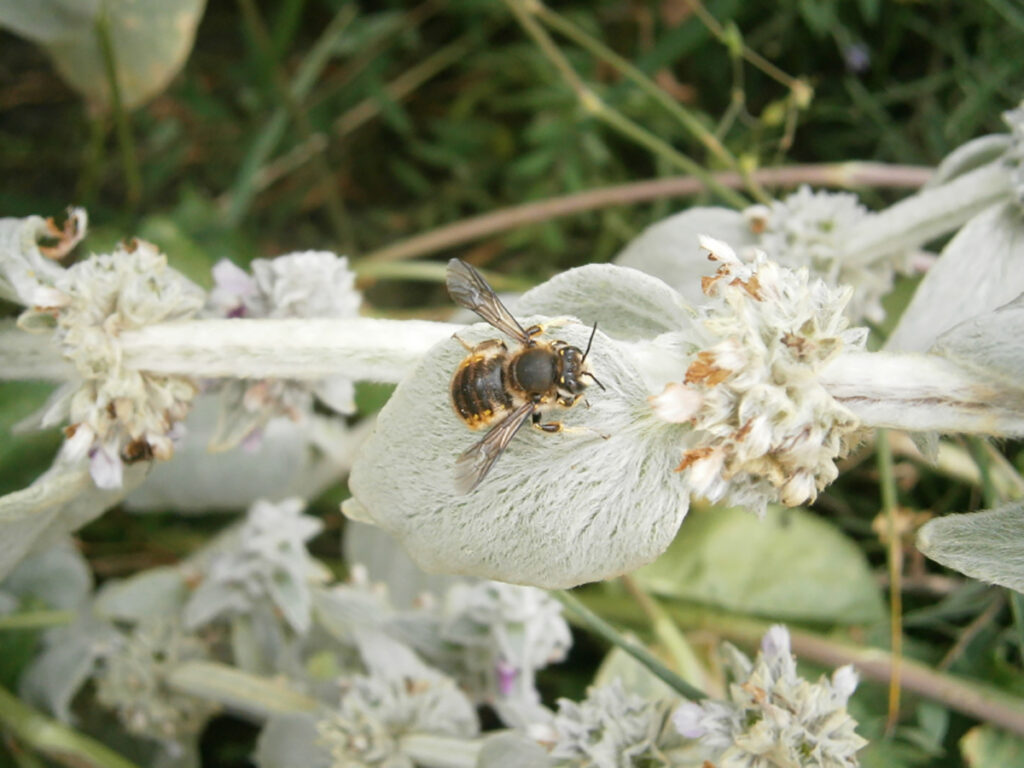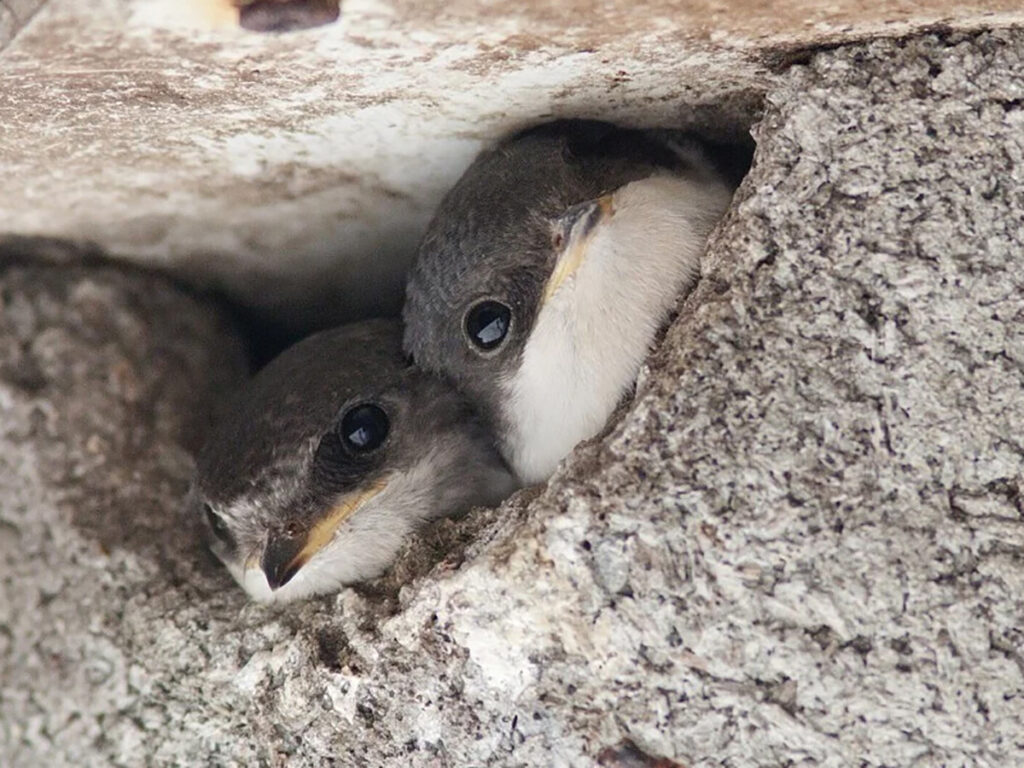Lapwings were late summer visitors to the fields where my parents lived. In the evenings, you could hear their peep peep calls as they came in to land on the stubbles and little string of meadows that followed the river.
One day we found an injured lapwing, whether hit by a car, caught in wires or escaping a predator, this bird had a broken foot. He was placed in an old box, kept for the purpose of rescuing sick and injured birds, and taken to the vet.
I have no memory of how long it took Stumpy to recover but eventually the vet returned him. We let Stumpy fly. Taking to the air he circled the house several times, calling, before heading away. Was it our imagination to think that it was Stumpy checking in when a lapwing appeared the following autumn.
Years later I was driving north through late summer fields. Last night’s harvest of road kill was still being dismembered and crows lifted as I passed. There was a spangle of cobwebs across the stubbles through which the black tipped ears of a hare raced. Then the paddle winged shape of a lapwing flipped black and white in front of me and was gone.
Lapwings are no longer frequent visitors here. When something has disappeared its sudden re-emergence jogs memories of other encounters. I thought of Stumpy, and other lapwings from summers and winters past, and wrote this haibun for them.
Haibun for the Lapwing
Peewits and piewipes,
black silver autumn flicker
squealing call at dusk
The lapwing, bird of myth and poetry, haunter of the fields, flocks moving across stubbles, stalking through the furrows for earthworms. A bird of distinction with its crest, its broad wings and haunting cry.
Gone the lapwing flock
spring breeder, winter feeder
quiet lie the meadows.
Ten years ago, small groups of lapwing still came here, with golden plover, settling on the ploughed land. Now they no longer come, the fields are quiet except for pigeon and rook. Yet it was once so common that thousands of their eggs were collected and sent to London for food.
Winter flocks drift in
roosting in corduroy brown fields
melting into dusk
When my mother was a child she remembers lapwings nesting in the meadows on her uncle’s land. So many you had to take care where you walked, four eggs, pointed ends inwards, splotched and splashed like pebbles in clay. For me, they were only autumn visitors, great flocks spilling out along ridge lines.
Legend says the gods wished to give the world lakes and rivers and ordered the birds to carry the water. The lapwing alone refused. In punishment it was forbidden to quench its thirst except with water remaining in hollows and amongst stones after rain. That is why it never ceases to wail peet-peet [drink drink].
Lapwing, voice of the meadows, ghost
of a landscape. Dream of a time
when your call rang out above silvered
land. Thread of birds through fields,
river of sound rising, coiling from marsh,
melting into mist.
Gone lapwing, flopwing, peewit, piewipe, hornpie.



